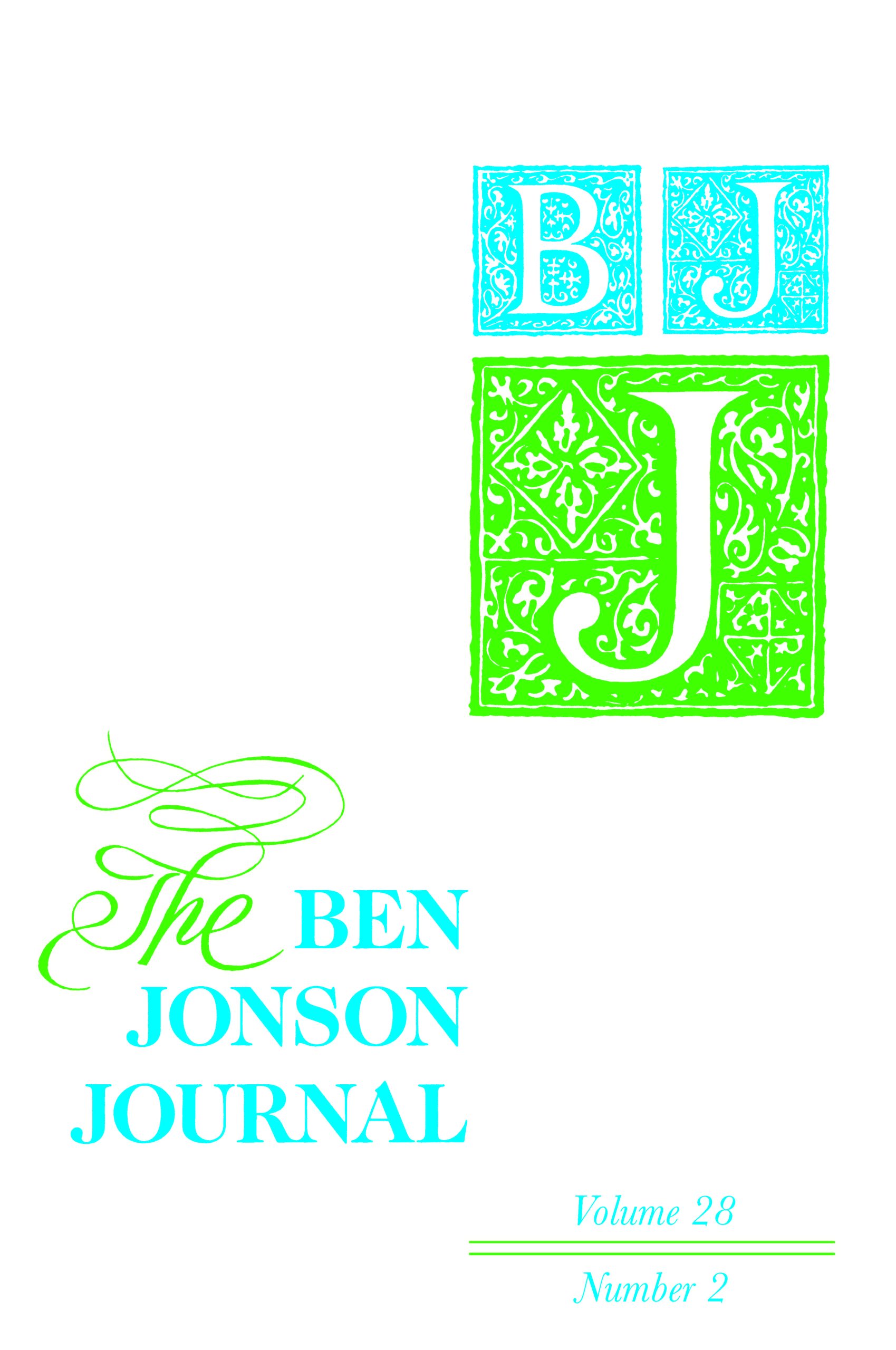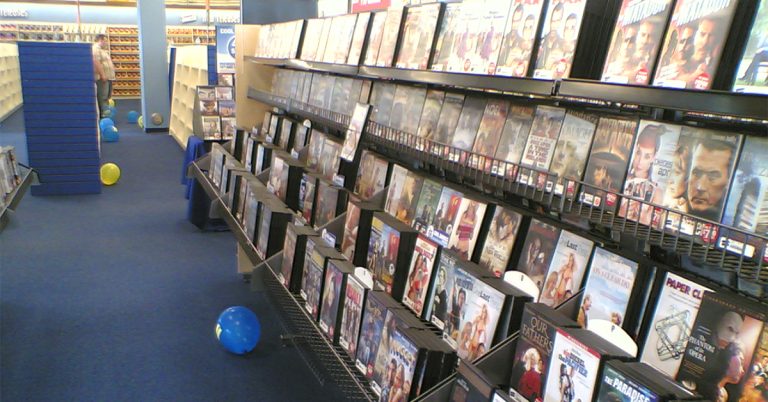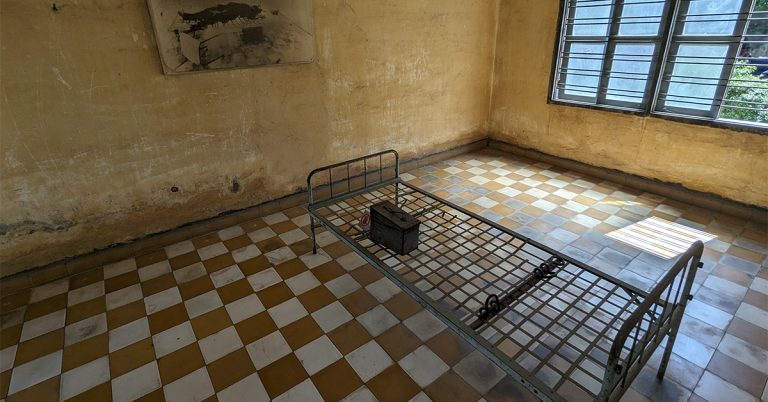
Compared with video material dealing with Shakespeare, there are relatively few really helpful videos dealing with Ben Jonson, either on the internet in general or on YouTube in particular. This, of course, is also true of most “Renaissance” authors aside from “the Bard.” However, one particularly valuable video documentary dealing to some degree with Jonson (and in fact titled “Ben Jonson”) was released as part of the “ShaLT [Shakespearean London Theatres] Project”:
This ShaLT production is superb in every way (including narration, visuals, quality of interviews, and even music) and is well worth recommending to students, especially undergraduates. The interviewees are the important scholars Julie Sanders and Martin White, and Sanders, in particular, conveys a kind of infectious enthusiasm for the matters she discusses. Topics include the rise of indoor playhouses, the kinds of audiences who attended plays there, the physical designs and appearances of such theatres, and the ways all these factors affected the plays themselves. Other topics include the use of “boy players,” the genre of “city comedies,” modern rehearsals and performances of such plays, and the often-satirical emphases of such dramas. In addition, the documentary also explores such issues as the contemporary appeal of these plays (in both senses of the word “contemporary”), their often-collaborative authorship, and the kinds of controversies such dramas frequently provoked.
The parts of the documentary in which scenes from the plays are rehearsed and then actually “staged” are especially likely to appeal to students and are particularly likely to encourage them to want to read the plays themselves. These scenes showcase the plays’ wit, vitality, and humor, especially when they are performed by talented actors. The words the actors speak are clearly enunciated and easy to understand; the actors’ physical movements and facial expressions enhance one’s interest in the words; and the focus on one scene in particular, as it moves from rehearsal to actual performance, gives the documentary the sort of unity also apparent in many other aspects of this quite impressive production. Although Jonson himself is mentioned only briefly, this film will definitely help students understand some of the contexts that helped shape his work and that he, in turn, helped shape through his works.
All this is accomplished in under ten minutes and in ways that will seem especially impressive to anyone old enough to remember the static “film strips” of the 1960s and 70s, the grainy VCR tapes of the 1980s and 90s, and even the often-professional DVDs of the twenty-first century. The ShaLT film is readily available online and is a fine example of how the best video documentaries can help bring older literature to vivid modern life.
Anyone interested in seeing more of the actual production (of Act 2, Scene 1 of the collaborative play Eastward Ho should visit:
The Ben Jonson Journal is devoted to the study of Ben Jonson and the age and culture in which his manifold literary efforts thrived. Topics covered include poetry, theatre, criticism, religion, law, the court, the curriculum, medicine, commerce, the city, and family life, as well as the manifestation of these topics and other interests in Renaissance life and culture.
Find out more about the journal and how to subscribe, or recommend to your library.





